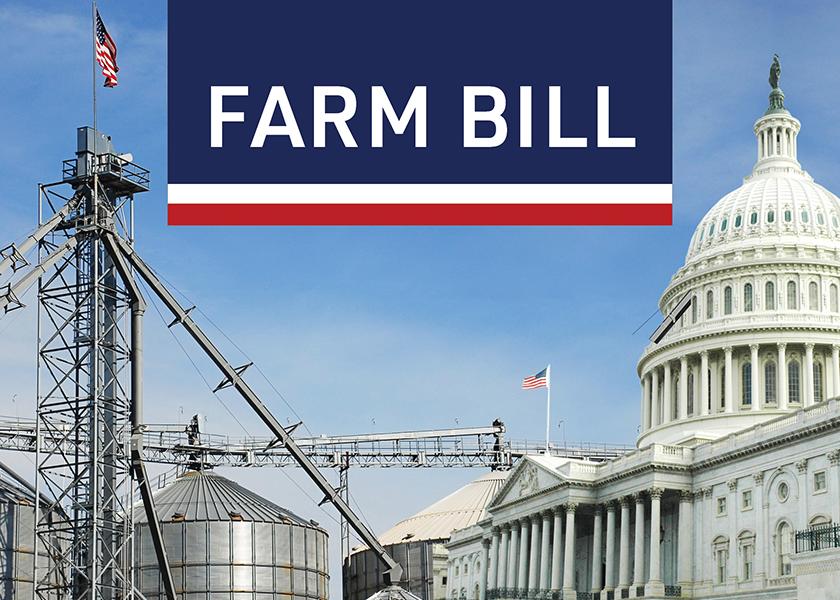3 Reasons the Farm Bill is Behind Schedule

The Senate and House Ag committees are facing delays in drafting the next farm bill, and it is expected to be the most expensive farm bill to date, clocking in at around $1.5 trillion.
The process is “behind schedule” judging by past experiences with previous farm bills. Neither of the committees have established a timeline for crafting the legislation, although whispers have a draft coming before the August recess, or no later than September.
1. Budget issues
According to Senate Ag Chair Debbie Stabenow, (D-Mich.), there will be no new funding for the new farm bill. This means any increase in funding for programs will require reallocating money from other parts of the bill.
2. Debt ceiling negotiations
House republicans could push for more changes in the food stamp program. However, if that's the case, I'm not as upbeat on the impact of the debt limit bill.
3. Updated CBO projections
The Congressional Budget Office (CBO) in February estimated the 2023 farm bill would come with a $1.5 trillion price tag, up from $867 billion in the 2018 farm bill. With no additional funding available, this will set the bill negotiations back.
House Speaker Kevin McCarthy last week signaled that House Republicans would likely seek further changes in work requirements or other reforms relative to some programs. Previously, the 2014 and 2018 Farm Bills experienced delays, both due to conflicts over the SNAP program, which represents $4 out of every $5 in the legislation.
Senate Ag chairwoman Debbie Stabenow (D-Mich.) has stated that the issue of work requirements is settled and will not be altered. However, the House Ag Committee plans to hold a hearing discussing "opportunities for modernization" of SNAP and other programs that are part of the farm bill.







